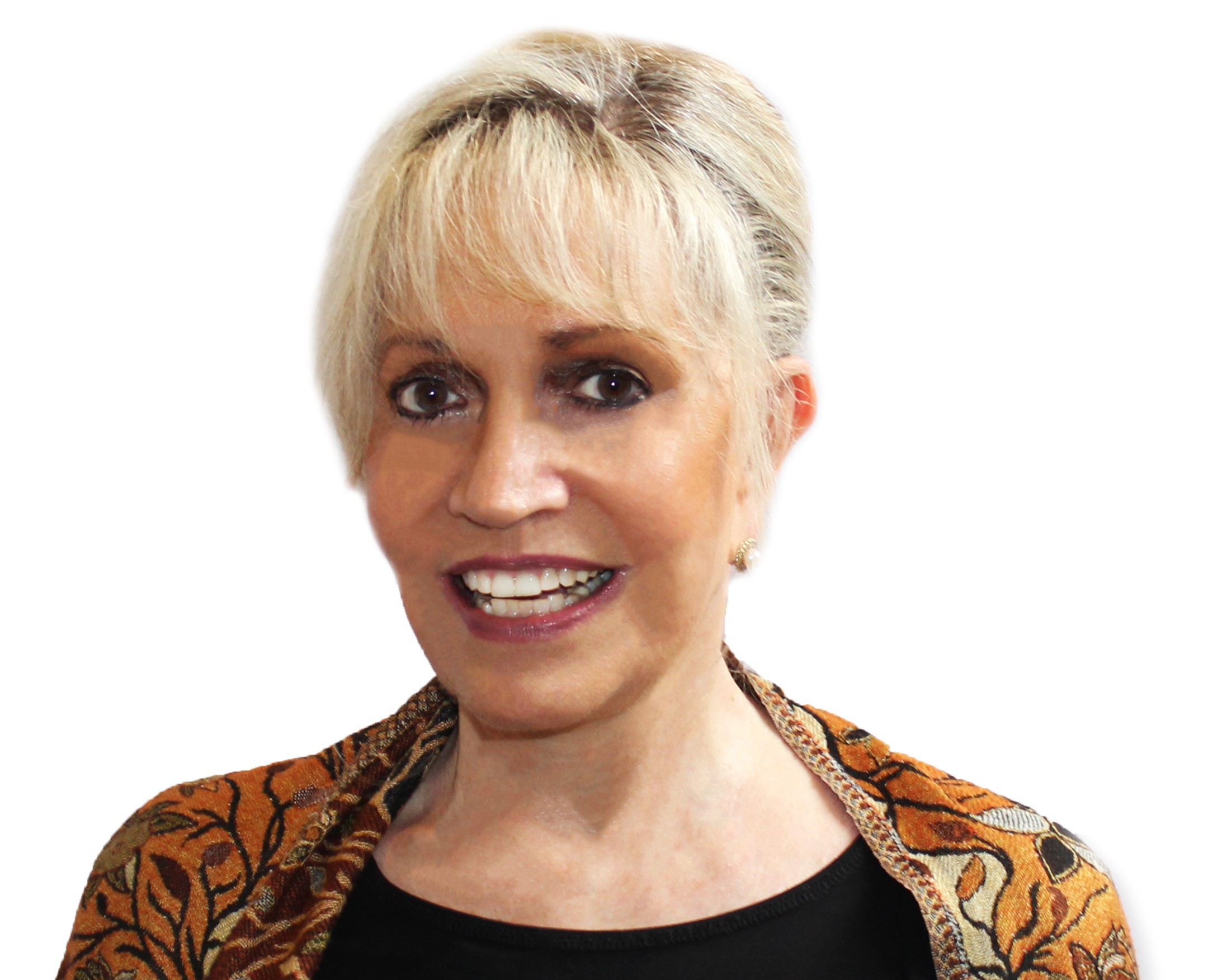
OpEds

Why abuse should be dealt with by professionals
Of late, our attention has been drawn to the scourge of sexual abuse within our communities both here and abroad, often with catastrophic outcomes.
As a community, we’re required to be alert and vigilant to any devious and suspicious circumstances surrounding children that could put them at risk.
We respond to this by providing compassionate support and care to victims, while concurrently reporting these disturbing and heinous acts to authorities so that the persons who perpetrate them can be investigated and prevented from pursuing their nefarious conduct unabated.
These disturbing practices may be perpetuated over time as they are shrouded in silence and rendered invisible due, in the main, to fear of exposure, confusion about reporting, and being unaware of the investigative process itself.
Abuse of children in particular is one of the most heinous crimes we are faced with as a society, and it generally elicits an equally heightened emotional response of outrage and protest.
As a response to the plethora of reaction, it’s necessary to clarify what seems to be at times distorted views about how a Child Protection Organisation (CPO) operates.
As context, we have to consider society’s experience of the exposure of sexual-abuse matters, which can be captured by the following:
Emotional response – As children are deemed vulnerable and precious, witnessing or hearing about them being hurt or neglected awakens appropriate protective and at times highly emotional responses. This may result in reactions that have minimal awareness of consequences and that may complicate the problem rather than solve it.
Incomprehensible – People are generally loving and kind towards children, and want to see the best for them, therefore it’s difficult to understand abuse of children in any form.
There’s much discourse about the reasons for child abuse. The factors leading to child abuse, by their very nature, have to be individualised and therefore, thorough investigation with a professional lens is required.
It’s hard for community members to allow authorities to deal with the situation, as the outrage and protest against such abhorrent behaviour is loud and demands immediate response.
However, taking matters into one’s own hands may hinder and even sabotage more helpful processes and responses.
This reactive approach of wanting to expose the offender at any cost is based on the hope that this exposure itself will immediately deter the offender and other potential offenders. Sadly, this type of intervention, no matter how well intentioned, may have an undesired alternate effect.
Exposure isn’t a “treatment method”, and may have unintended consequences.
Once exposed, the alleged perpetrator may simply go underground, destroy incriminating evidence, and sabotage investigations that have been triggered. Denial of any wrongdoing is likely to emerge.
The victims and their families may feel extremely vulnerable and fear personal exposure which throws light on them without adequate support and guidance. This may result in tragic outcomes such as suicide and self-harm and at times, the wish to withdraw the report or failure to participate in the investigation itself.
This lack of appreciation of the impact that premature exposure may have both on the alleged victim and the alleged perpetrator/offender, is an aspect that cannot be ignored.
Harsh punishment
The “lock up and throw away the key” response is often deemed to be the only meaningful consequence to alleged abuse of any kind. This leaves one satisfied that this proclivity has been dealt with and because we’re so outraged, the reaction by activists is often applauded. Sadly, this may have short-term gratification and a limited effect on others who perpetrate abuse.
Abusive practices in families
It’s often believed that people who neglect or abuse children (even their own families) should be harshly punished and should never have access to children again. But, strong bonds are formed between parents and children. These bonds prevail regardless of the practices of neglect or abuse, with children often wishing to maintain those positive parts of their relationship with their parents.
So, while removal would seem the wisest response, children often grieve the loss of their family relationships, resulting in agonising self-harming behaviour and withdrawal. Ideally then, restorative and family preservation interventions for both parents and children may emerge as more favourable options.
These interventions are the purview of CPOs regulated by legislation through Children’s Court enquiries and the criminal justice system to ensure that necessary steps are taken.
In instances, however, criminal acts may result in abusers being removed from society, and it may not be to children’s advantage or interest to resume the bond.
That said, restoring broken relationships is individualised, and it’s designed according to the voice of the child and their well-being, even if it’s difficult for the community to understand or accept.
Society’s response to allegations
When people hear about abuse, blame and shame is triggered.
Fingers are pointed at teachers, religious institutions, organisations, the police, or at each other.
In reality, abuse is often hidden by victims and abusers, therefore it’s not easily identified. In acknowledging this, there are factors that would alert professionals to possible abuse.
Altered behaviour in a child, such as depression, poor school performance, social withdrawal, oppositional behaviour, and self-harming practices, should be taken seriously, and professional advice should be sought.
In regard to reporting, there’s unfortunately a plethora of misinformation and misunderstanding in all sectors of our community as to the process of reporting, the implications thereof, as well as how these investigations are approached.
In general, once reported, the alleged perpetrator will immediately be investigated and arrested.
There is a failure to appreciate that we are all bound by the laws of the land, and these investigations are often complex, difficult, highly sensitive, and subject to the same scrutiny and voracity as any other alleged serious impropriety.
Calculated and strategic responses seek to professionalise the disclosure or revelations of allegations of abuse. This requires measured, regulated, and impartial investigation and assessment leading to well-thought-through responses.
This may be perceived by the community as “slow” progress or “a hesitancy to take action”. This view is inaccurate.
It’s imperative that all those concerned with the well-being of children in our community collaborate in the service of deeply held values and mutual purpose.
All said, “There can be no keener revelation of a society’s soul than the way in which it treats its children. Let us do whatever we can to support their fight to rise above their pain and suffering” – Nelson Mandela
- Brenda Lasersohn is on the Chevrah Kadisha’s board of governors. She has been a psychologist in private practice since 1986. She has extensive experience as a psychotherapist and forensic psychologist, and has provided consultation, supervision, and psychotherapy training to Chevrah Kadisha Social Services for more than 30 years. Brenda was appointed to the Chev Board in November 2018.










